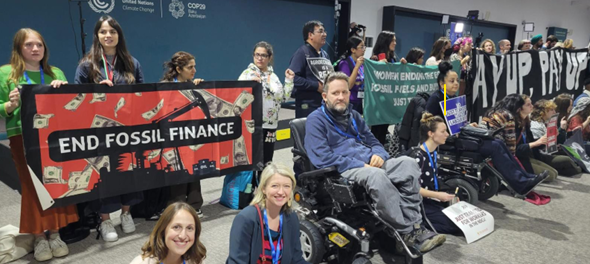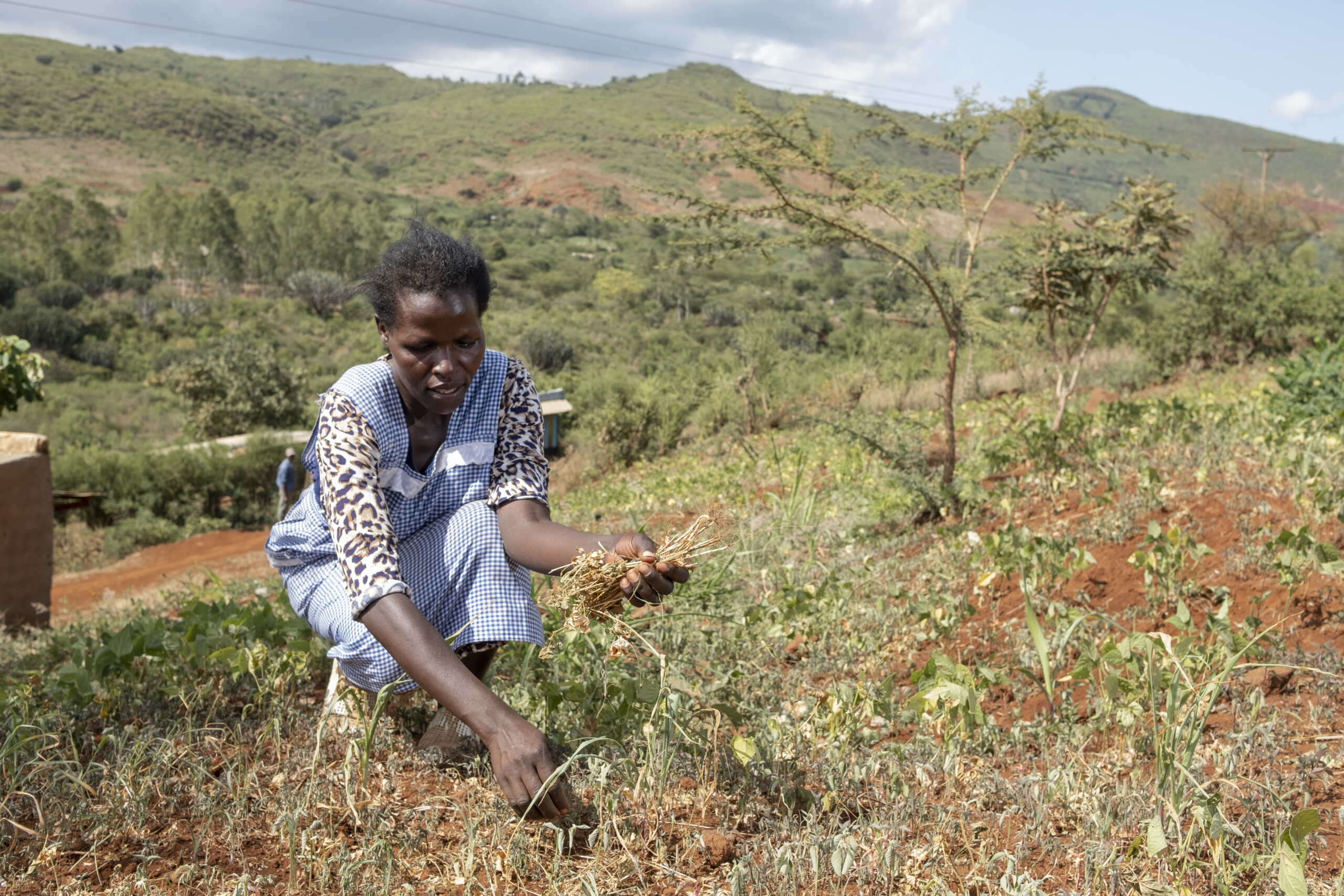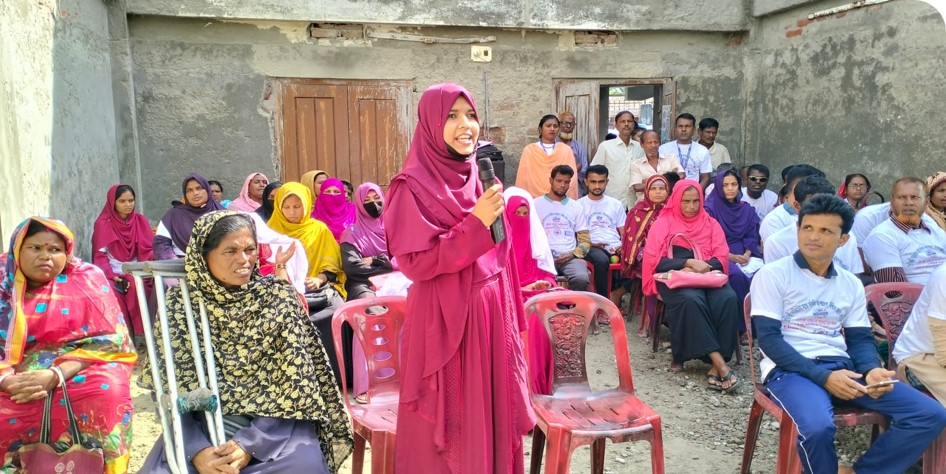Climate Change and Disability: Stories from the Frontlines
News | September 17, 2025
When we talk about climate change, the focus often lands on charts, data, and policies. But for millions, it isn’t theory—it’s daily life. In the opening webinar of our climate advocacy series, participants from countries already experiencing the sharpest edge of the crisis shared powerful first-hand stories that cut through the statistics and brought the reality of climate change to life.
The World’s Most Climate-Affected Countries
Organisations of Persons with Disabilities (OPD) representatives and disability activists joined from Bangladesh, Madagascar, the Philippines, Nepal, Kenya, Zimbabwe, and Nigeria—all places ranked among the world’s most climate-affected nations. All of the countries in which CBM Global and partners works. Each told of unpredictable weather, extreme events, and rapid changes that are reshaping landscapes and lives.
- Bangladesh faces constant flooding and rising sea levels.
- Madagascar sees repeated cyclones battering its coasts.
- The Philippines experiences stronger typhoons arriving one after another, leaving little time for recovery.
- Nepal watches its mountain glaciers melt before their eyes.
- Zimbabwe has gone from being Southern Africa’s “bread basket” to a nation struggling with drought, deforestation, and declining harvests.
Across the board, participants in the webinar described a common pattern: food insecurity, economic instability, health crises, and social disruption.
Agriculture Under Pressure
Agriculture is the backbone of life in these regions. But droughts, floods, and extreme heat are eroding that backbone. In Madagascar, where 80% of people depend on farming, rising food insecurity is hitting families hard. In Zimbabwe, rain-fed agriculture has collapsed, driving up food prices and stripping away livelihoods. Kenya highlighted devastating livestock losses, while Nigeria reported infrastructure damage from floods cutting off food distribution routes.
Beyond the Economy: Health, Education, and Safety
The crisis doesn’t stop at farms. Malnutrition, waterborne diseases, and mental health struggles—especially for children and youth—are on the rise. New diseases are spreading to areas where they never existed before. Education is repeatedly disrupted by disasters, and negative coping mechanisms like child labour and child marriage are on the rise. In Madagascar, women and children face heightened risks of violence in displacement sites.
Climate Change and Disability: Compounding Inequalities
Perhaps the most powerful insights came when participants described how climate change is compounding inequalities—particularly for people with disabilities.
- Bangladesh shared how inaccessible evacuation centres leave people behind, with assistive devices often destroyed or lost in crises.
- Kenya noted that walking long distances for water is nearly impossible for those with mobility impairments, while people with albinism face both cancer risks and targeted violence.
- Madagascar highlighted the exclusion of people with disabilities in evacuation planning, with women and girls facing additional risks to hygiene and safety.
- Nepal reported that 87% of people with disabilities remain at home during disasters because shelters are inaccessible and unsafe.
- The Philippines described how emergency warnings often fail to reach Deaf people, leaving them without critical information.
- Zimbabwe illustrated how different disabilities bring different barriers—mobility challenges during evacuation, inaccessible communication for sensory impairments, and stigma or institutionalisation for those with psychosocial disabilities.
These stories remind us that climate change is never experienced equally. People already living with inequality are pushed even further to the margins.
A Call to Action
The message from participants of webinar 1 was clear: climate justice must also mean disability justice. Early warning systems, evacuation planning, and national climate policies must be inclusive by design, not as an afterthought. Communities need resilience, but they also need governments and international actors to listen, act, and ensure no one is left behind.
As one participant put it, people with disabilities are too often excluded from decision-making—even when their lives are most at stake. Inclusion isn’t optional; it’s urgent.
https://cbm-global.org/news/climate-change-disability-stories
Related News

One in Five Is Not Enough: The gains on Disability Inclusion have not gone far enough
One in Five Is Not Enough: The gains on...

COP30 Is a Turning Point for Disability-Inclusive Climate Action
As the world gathers in Belém, Brazil, from 10–21 November 2025 for COP30, the message from...

Achieving resilience for all requires funding disability inclusion in DRR
On International Day for Disaster Risk Reduction (DRR) 2025,...
